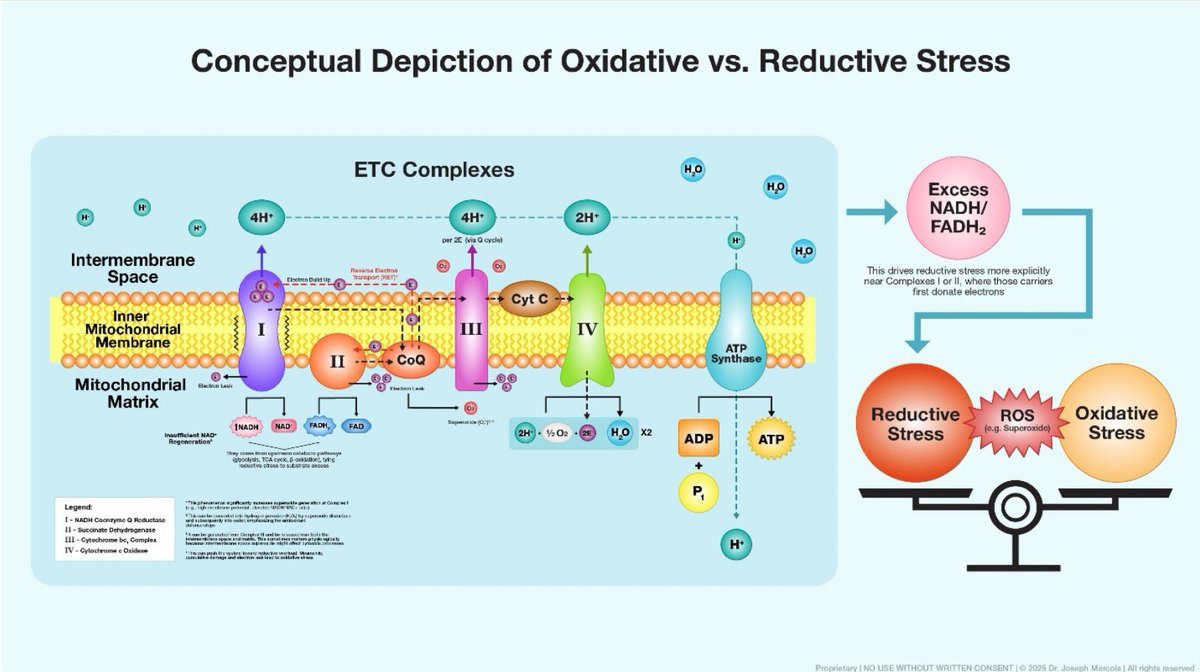
SFRBM
@SFRBM
Followers
2K
Following
132
Media
1K
Statuses
4K
The most relevant research & medical applications of free radical chemistry, redox biology & antioxidants, and what it means to your health and everyday life.
Joined April 2014
Congrats to the authors of the 2024 Papers of the Year! Selected by our journal editors and judged by SfRBM and SFRR-Europe, the top paper from each Redox journal will be featured in a special symposia at #SfRBM2025. https://t.co/nLEDXm8r8U
0
1
3
A new study in JAMA has found that 1 in 7 U.S. adults between the ages of 30 and 59 years have a high 30-year risk for cardiovascular disease. This research suggests that young and middle-aged adults may underestimate their future heart disease risk. Read the full findings here:
0
0
0
Researchers have found that a simple test can help predict the risk of heart disease better than the current standard. Check out the findings in Medical Xpress: https://t.co/MxKUkzj2dj
0
0
1
Save the date and come join us for a Core Concepts in Redox Biology Virtual Seminar happening on Tuesday, June 24! Click below to learn more about the seminar and register today! https://t.co/9nom4WImU0
0
0
2
Can iodide protect proteins from photooxidative damage? A study in #RedoxBiochemistryandChemistry reveals that iodide ions can reduce photooxidative damage to tyrosine and tryptophan residues caused by the photosensitizer 3-carboxybenzophenone. https://t.co/KGXs2Ib1Y9
0
0
0
A new mechanistic #AdvancesinRedoxResearch unpacks how excessive intake of linoleic acid, common in industrial seed oils, disrupts mitochondrial redox balance and contributes to metabolic dysfunction. https://t.co/irBXht9Xqh
0
0
0
New research in #AdvancesinRedoxResearch uses bibliometric analysis to map the evolving landscape of research on chondrocyte metabolism and oxidative stress in osteoarthritis. Check it out: https://t.co/caMGSOZN2E
0
0
0
Powerful compounds from extra virgin olive oil (EVOO) could offer new hope in cancer research! A new study reveals that secoiridoid-enriched EVOO extracts enhance mitochondrial activity and antioxidant defenses in colorectal cancer cells. https://t.co/iXDm9pcFWH
0
0
1
Could Nitro-oleic acid be the key to protecting vision? Check out this recent research in Redox Biology to learn more! https://t.co/9LnWRDp6Gu
0
0
0
Mark your calendars! The 2025 SfRBM Symposium is bringing cutting-edge research, expert discussions, and groundbreaking discoveries.
0
1
6
Check out the Featured Plenary Session speakers for the SfRBM 2025 Conference in Washington, DC! ✨ Don’t miss this powerhouse lineup. #SfRBM2025 #RedoxBiologyhttps://tinyurl.com/5faxuanh
0
1
3
A recent Redox Biology study found that taurine alleviates cellular senescence and oxidative damage in a mouse model of CCl₄-induced chronic liver injury. https://t.co/PvIaaHE8OS
0
2
6
The deadline to apply for the SfRBM Discovery Award is approaching! The winner will receive a $2,500 paid travel stipend for SfRBM 2025 and be a featured lecturer in Washington, D.C. https://t.co/XhzjnTeq3E
0
1
1
Mark your calendars and join us on Thursday, May 15, for a Redox Biology Virtual Seminar! Click here to learn more and register: https://t.co/IVMIAELtRs
0
1
1
Recent research in #AdvancesinRedoxResearch delves into sickness caused by acute high-altitude hypoxic exposure, focusing on its effects on cellular processes and molecular disruptions. Key findings include how chronic and intermittent hypoxia impact cellular homeostasis and the
0
0
2
A recent study on ALS shared in Nature reveals that sympathetic nervous system (SNS) activity boosts respiratory function, improving cognition, functionality, and antioxidant capacity. Respiratory function plays a key role in mediating these effects. https://t.co/xLGyZKCxkH
0
0
2
New research shared in Nature links menopause and declining estrogen to increased Alzheimer’s risk in women. Estrogen supports brain energy metabolism, and its loss may drive neurodegeneration. https://t.co/kD7lyPmQtm
0
2
2
Findings shared in Neuroscience News show that Type 2 diabetes can affect the brain’s reward and memory processing, resembling early signs of Alzheimer’s disease. Read more here: https://t.co/IBNLfjMaG5
0
0
0
Researchers have decoded how reactive oxygen species (ROS) trigger calpain activation, playing a key role in cancer growth. Read about these findings in #AdvancesinRedoxResearch
https://t.co/ByHSdC5bjA
0
2
1



















